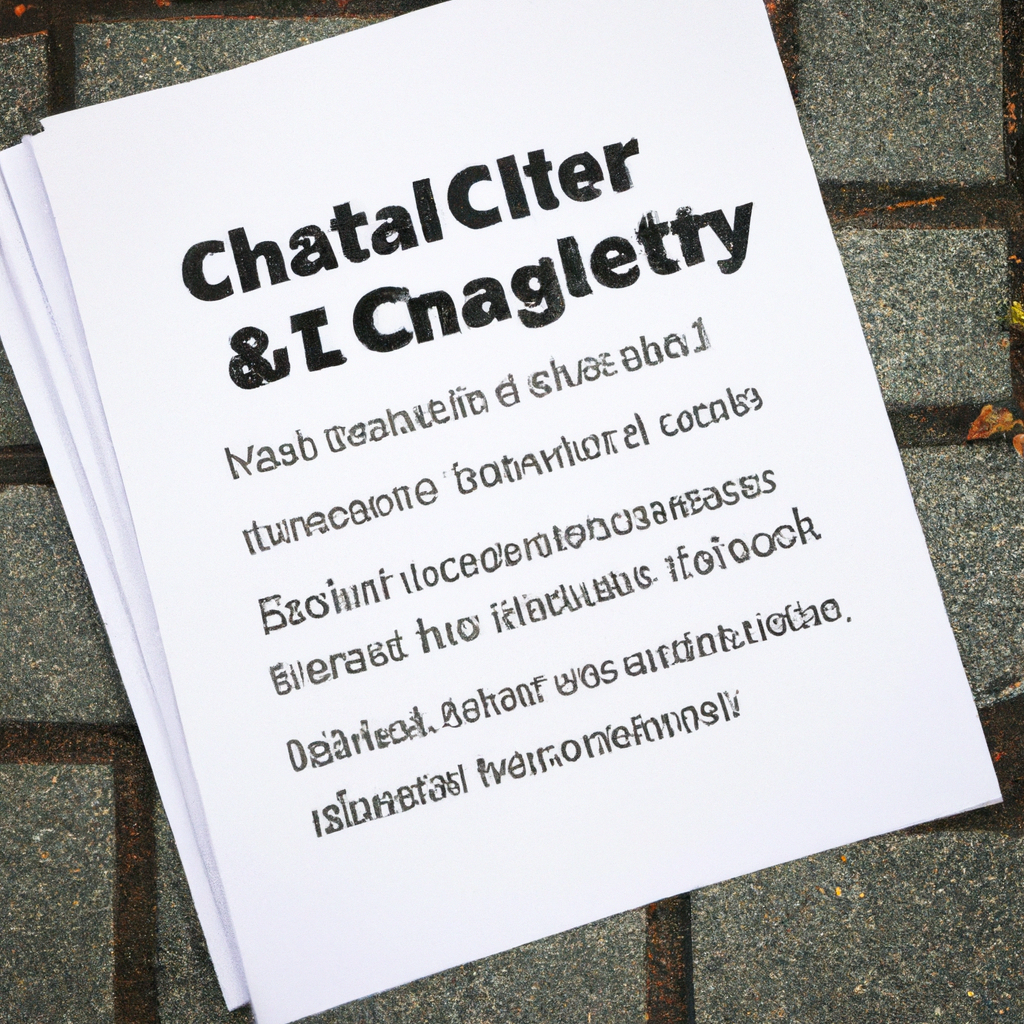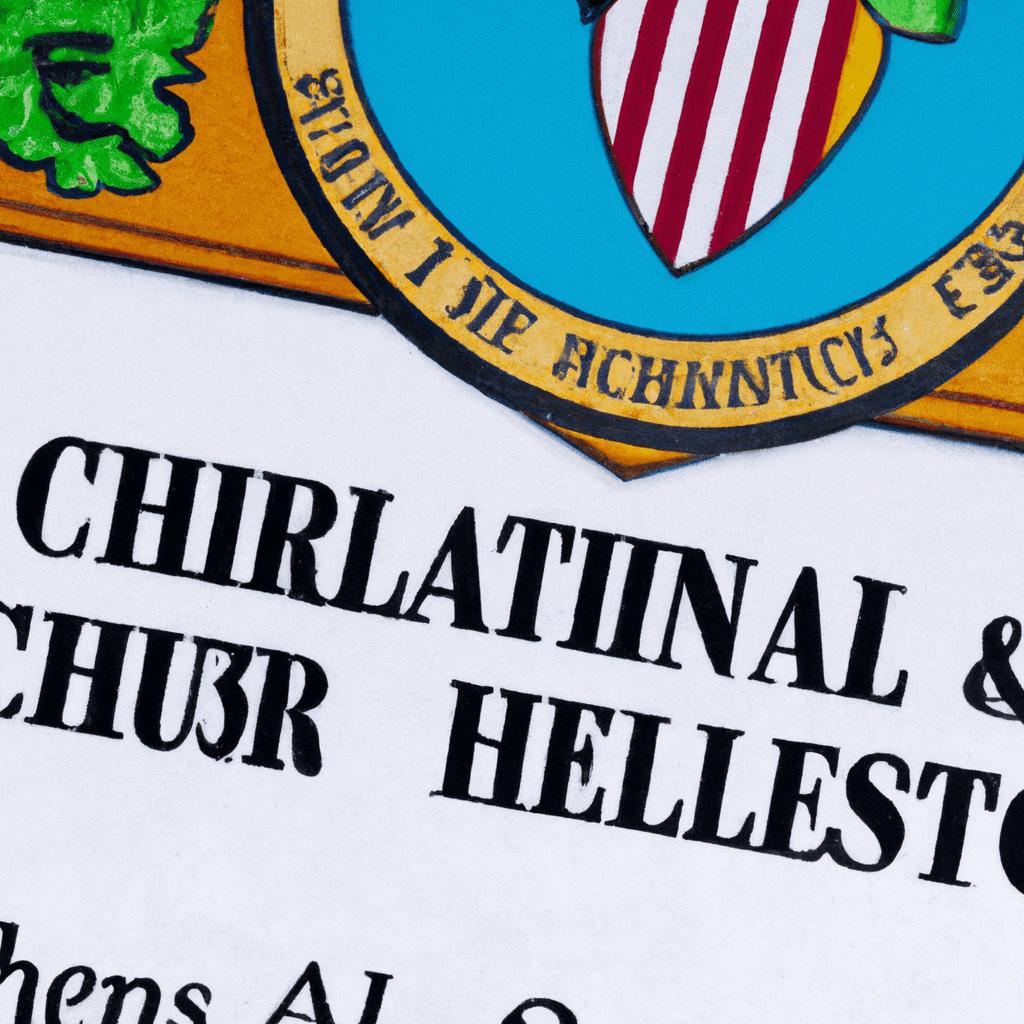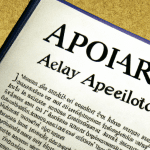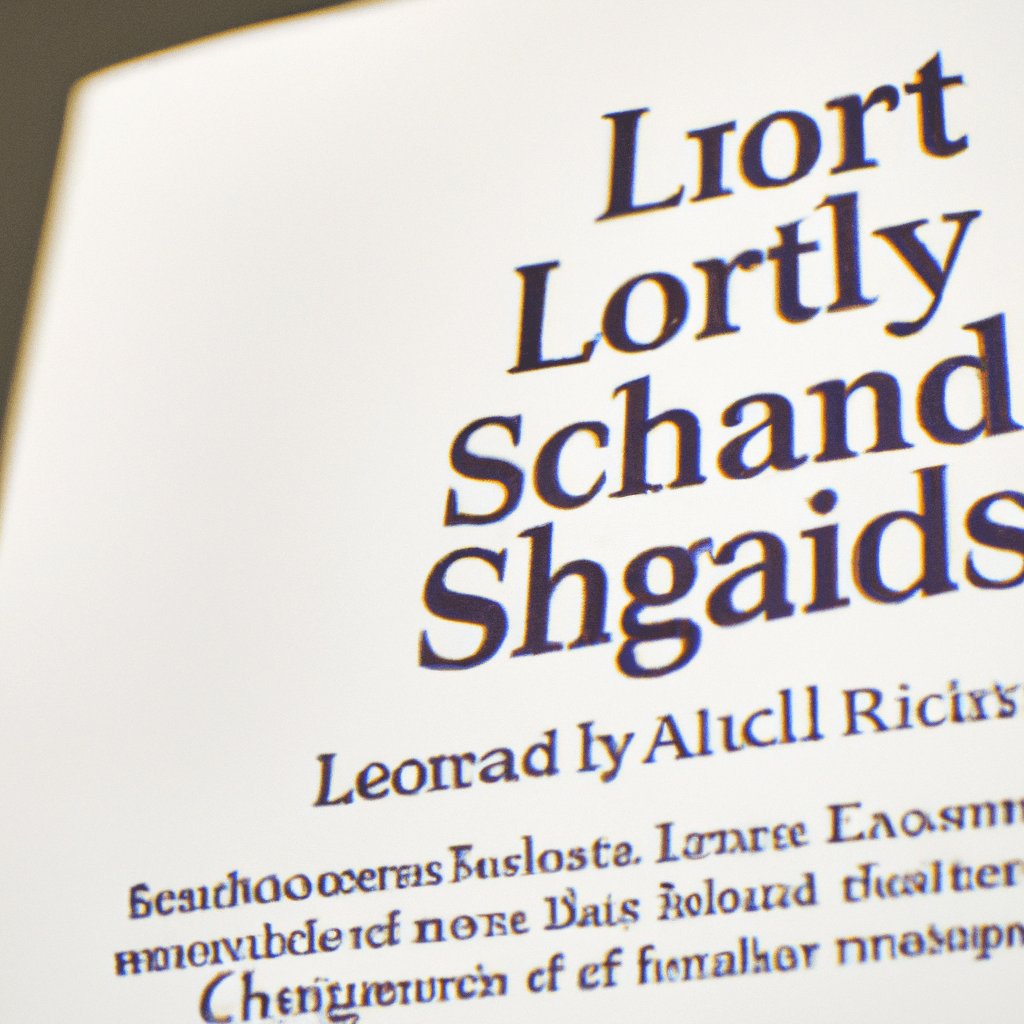Legal Challenge Filed Against
An unexpected challenge has been brought to the US judiciary with the legal complaint filed against the St. Isidore Catholic Virtual Academy, the first publicly funded religious charter school of the country. The plaintiffs accuse the school of violating basic constitutional principles, as well as the separation of Church and State, threatening to achieve a precedent that could open the door for similar cases and the creation of publicly funded religious charter schools all over the country. [[2](https://www.mcalesternews.com/news/legal-challenge-filed-against-publicly-funded-religious-charter-school/article_64a3ae30-3076-11ee-addb-0bd287f7b185.html)] Despite being approved by the state board in June [[3](https://www.edweek.org/policy-politics/approval-of-nations-1st-religious-charter-school-will-spark-legal-battle/2023/06)], the St. Isidore Catholic Virtual Academy is now in danger of being blocked by the lawsuit reportedly filed by a group of parents, taxpayers, and faith leaders of the area. [[1](https://www.axios.com/2023/07/31/religious-charter-school-oklahoma-st-isidore-lawsuit)]

Table of Contents
- 1. Legal Dispute Over First Taxpayer-Funded Religious Charter School
- 2. Controversy Over Use of Public Funds for Religious Education
- 3. Supreme Court Declines to Hear Case on Charter Schools as “State Actors”
- 4. Oklahoma Taxpayers’ Suit Opposes Publicly Funded Catholic School
- Q&A
1. Legal Dispute Over First Taxpayer-Funded Religious Charter School
The country’s first religious charter school, St. Isidore Catholic Virtual Academy, has caused a heated legal dispute in Oklahoma as of June 2023. Some individuals and groups are entirely against the school’s establishment, while others show support. The school’s establishment has faced much pushback from individuals who take issue with the idea of using taxpayer money for religious purposes. Opponents of the school have presented a number of arguments to the trial judge, all either citing or implying that a publicly funded religious academy violates the Oklahoma Constitution.
The arguments present during the trial have been vast and varied. Opponents of the school have claimed that the school’s funding constitutes a violation of the Establishment Clause, which forbids the government from officially endorsing or promoting a religion. They have also argued that it could cause widespread discrimination, and create a situation where the schools curriculum is used to promote religious beliefs. On the other side, proponents argue that the school will offer educational opportunities that would otherwise be unavailable to students in rural areas and can potentially advance religious freedom.

2. Controversy Over Use of Public Funds for Religious Education
Supreme Court Ruling
The Supreme Court ruling in Carson v. Makin, [1], sparked debate about the use of public funds for religious schools. The case outlines legal provisions that could allow states to redirect public money to religious schools. This decision was met with mixed reactions, with some praising it for giving religious schools unprecedented access to resources and others critiquing its undermining of the secular public school system.
Opposition to Public Funds for Religious Schools
Opponents of the ruling have argued that it forces taxpayers to support religious schools, thus undercutting the rights of citizens to choose whether or not they want to fund religious education. Additionally, fraud and discrimination are concerns of those who oppose the use of public funds for religious schools. Furthermore, some fear that allowing public funds to be used for religious education defeats the purpose of the public school system – namely, providing quality education without religious influence. [3]
The debate over whether or not public funds should be used for religious education continues. Each side of the controversy has allocated resources and money to back its arguments, leading to polarized opinions on the matter. The arguments encompass both practical and moral perspectives on the issue.
3. Supreme Court Declines to Hear Case on Charter Schools as “State Actors”
In March 2023, the Supreme Court declined to hear a case which sought to determine if charter schools are public entities or state actors in relation to the First and Fourteenth Amendments of the U.S. Constitution.
This was the third time the Supreme Court had declined to hear a case challenging a state’s determination of charter schools as non-public entities and thus not subject to the state or federal government’s restrictions on the types of curricula and rules they could offer.
The denial of the case by the Supreme Court set a precedent that charter schools are not considered to be state actors and thus have more autonomy over their operations, which some fear poses a challenge to other public schools who must abide by state-mandated curriculum and regulations.
Proponents of charter schools believe that charter schools offer opportunities for educational advancement to populations that might not be able to access the same opportunities in public schools. [[1](https://www.aclusocal.org/sites/default/files/field_documents/report-unequal-Legal Challenge Filed Againstaccess-080116.pdf)] They also argue that charter schools provide students with avenues for project-based work, personalized instruction and flexible methods of assessment. [[2](https://go.boarddocs.com/ca/sandi/Board.nsf/files/A45QMX690C28/$file/Elevate%20CHARTER%2007%2001%202014%20to%2006%2030%2019-1.pdf)]
Critics, however, argue that the lack of oversight of charter schools has caused some to violate civil rights and discriminate against certain students for reasons such as race, color, and ethnicity. [[3](https://www2.ed.gov/about/offices/list/ocr/edlite-raceneutralreport2.html)] Legal Challenge Filed Against Additionally, some fear that charter schools act as competition for public schools and reduce the resources available to public schools.
4. Oklahoma Taxpayers’ Suit Opposes Publicly Funded Catholic School
- Building a Nation’s First Religious Charter School
In an unprecedented move, on Monday the school board of Oklahoma voted to approve a bid to open the nation’s first religious charter school [[1](https://fox59.com/news/national-world/oklahoma-school-board-approves-nations-first-religious-charter-school/)]. Their decision raised the public debate, with many arguing that the plan violates the separation of church and state. A group of Legal Challenge Filed Against parents, taxpayers, and faith leaders filed a legal challenge and lawsuit soon after to prevent the school from being sanctioned by the state [[2](https://www.aclu.org/press-releases/oklahomans-file-lawsuit-to-stop-state-from-sponsoring-nations-first-religious-public-charter-school/)].
- Taxpayers’ Suit Aimed at Opposing the Separation of Church and State
This opposition has spiraled into an ongoing dispute between proponents of the school and those in favor of maintaining the separation of church and state, with each side citing their own findings. In the petition, the taxpayers allege that the Oklahoma government has sponsored a religious-affiliated school by providingLegal Challenge Filed Against public funds [[3](https://oklahomawatch.org/2023/07/31/legal-challenge-filed-against-publicly-funded-religious-charter-school/)]. With the lawsuit, they have motioned to stop the state from its sponsorship of the school, and the case is still pending in court.
Q&A
Q: What is the legal challenge about a publicly funded religious charter school in Oklahoma?
A: A legal challenge has been filed against a publicly funded religious charter school in Oklahoma for violating the state’s constitutional requirement that public schools must not be “sectarian” [[3](https://www.edweek.org/policy- Legal Challenge Filed Againstpolitics/lawsuit-challenges-first-religious-charter-school-in-oklahoma/2023/07)]. The proposed charter school had been approved earlier on by the state board [[1](https://journalrecord.com/2023/06/05/oklahoma-board-approves-proposed-taxpayer-funded-catholic-school/)] but the lawsuit now challenges this approval.
In the end, it is clear that legal challenges have been filed against publicly funded religious charter schools. This serves as evidence of the continued importance of legal discourse in the realm of education, and serves as a reminder to consider the implications of what can be funded in the public sphere. [[1] Legal Challenge Filed Against(https://www.newsnationnow.com/us-news/education/first-religious-charter-school-in-the-us-faces-legal-challenge/)] It can be understood that publicly funded education serves as a valuable resource not just for local communities, but to provide a space for learning and intellectual exploration. [[2](https://web.mit.edu/~ecprice/Public/wordlist.ranked)] However, public offices must remain cognizant of the various potential limitations, and strive to ensure that any grants, funding and other resources are firmly established within the set legal boundaries. [[3](https://www.laprogressive.com/progressive-issues/until-birth-do-us-part)]



